
Bang! Klang! Pow!
One of the key elements to most Table Top Role Playing Games is the encounters. These can vary across types but I like to focus on three when I plan my own games or watch actual play streams. This can range from Social encounters like political intrigue, romance, or bartering. Another is Environmental, where you have to fight against the forces of nature itself or fortify a ruined castle to survive the night. Lastly, we have Combat, where players fight to the death for one reason or another. In this article, we are going to focus on the latter most as I believe there is a major problem in combat that sours a wider portion of the game.
Players worry way too much about dealing the most amount of damage.
A Moment of Realization
I had this sneaking suspicion in the back of my head for a couple of years now, although I could never really put my finger on it until recently. My last campaign’s DM had a Microsoft excel tracker that he would use to not only keep track of initiative order, but how much damage we each do on each subsequent turn. It is a really fun mechanic that he introduced and we were always really excited to hear our damage output after each combat.
It wasn’t until I played a cleric, that I realized that we were putting too much emphasis on becoming a juggernaut damage dealer. After five or six encounters, when my DM announced who did the most output of damage, I came up last nearly every time. Does this mean that I didn’t do well or contribute enough during the battle? I don’t think so. I healed, I debuffed enemies, I played a support class. Although, these contributions wouldn’t reflect in the end of game round up, as my DM (and how many of us view combat now) focused on ticking down the HP of the bad guy*1.
When I came to this conclusion, it really got me thinking about if the way we focus on combat:
You’re Often Not Working with A Team, You’re Working Alone
Individualism and self-expression is something that I try to encourage in my peers when making their characters for my Dungeons and Dragons games. It allows for the growth and stimulation of a fun role playing environment and I think can do wonders for the soul. On the other hand, I feel that it is imperative to say to people “Yes, you’re the main character in this campaign, BUT, the people you go on this adventure with are too”.
I think this high damage mindset can lead to players isolating themselves during battle and viewing it as a (Me vs. My Party) vs. Them and not the more needed My Party vs. Them. This can easily land your party in the dreaded Total Party Kill scenario as they are not utilizing their full potentials with each other*2.
Among other actions, the Help and Hold Action exist for a reason in Dungeons and Dragons. If you aren’t sure if any of your members would be able to easily hit the Big Bad Evil Guy, use the Help action to distract said BBEG and give your party member an advantage for their attack. You set it up, and they knock it down!
Further more, you can use a mix of the Banishment spell and Hold Action to set up a major round of damage using cooperation. One of my favorite Critical Role (Spoilers for C2E101-105) moments was when the party killed the Morkoth by banishing it to another plane, gathering to the spot where it would appear again, then holding their action to beat into the creature when it eventually appeared back. This Banishment spell would not show up if you were to keep track of damage, but no one could deny that it wasn’t a MAJOR component when it came to defeating the creature.
Leads To Natural Min-Maxing
Before I hop into the deep dark abyss that is the debate of Min-Maxing in TTRPG’s, I want to clear my hands of the mess and say that all play styles are valid. As long as the party and the DM are having a good time, I would say that is all that matters. Personally, I would prefer if Min-Maxing wasn’t at my table, but I wouldn’t worry too much about it if it was. This next section will highlight how focusing on damage output can lead to Min-Maxing and some of the downfalls of Min-Maxing can be for the game. If that isn’t for you, I’d just hop to the next section.
Min-Maxing means to minimize one’s weaknesses and maximize one’s strengths when building a character for any TTRPG. There are pro’s and con’s to this, and it is my experience that doing so takes away from story that your party and the DM are trying to both tell. Focusing on damage output contributes to this problem in story telling.
Brandon Sanderson, a favorite author of mine that wrote The Way of Kings, teaches a creative writing class at BYU (video link here). In one of his lectures, he mentions that what makes a character interesting isn’t how cool their powers are, but what they do with the weakness and limitations of said powers.
This logic can be applied when making a character for Dungeons and Dragons as well. While you could pick the spells that are the most optimized for your class and race, wouldn’t it be much more interesting to pick spells or abilities based on your backstory or events in game? For example, it may be intriguing that your character can fly, but wouldn’t make flying so much impactful if your character fell from a considerable height and was scared to use this power? Only using them in the most dire of consequences? I’d like to think so.
Combat Becomes One Note
I think one of the hardest things for people who aren’t used to playing turn based combat is the argument of I hit them, they hit me, repeat. Leading to many people assuming that combat can quickly loose its flair if they were to try it out. As many of us know, this simply isn’t true and games like Pathfinder, Baulder’s Gate III, etc… continue to grow in popularity.
But I can see how this can happen if we only focus on inflicting as much pain to the enemy that is strategically possible. People would stray away from classes that focus on support, defense, or anything else that isn’t damage focused*3. I find these kind of party line ups to quickly stale and result in more defeats than victories.

On The Other Fist…
On the other hand, it wouldn’t be fair of us to only look at from one side.
The first thought some of you could have to this article is “Why wouldn’t you want to inflict as much damage to the enemy as possible? Why go easy on them? Which is a totally valid point. The faster we get them out of the way, the quicker we can move on to bigger and badder enemies.
It is when we get to bigger and badder when this mindset can become a problem to an unbalanced party. These worse foes often have bigger pools of health and abilities that can literally paralyze a party. If you don’t have a diverse set of skills, these fights that tend to be longer and harder bouts, can end quicker than you like if you don’t have a healer or someone to teleport you out.
The second thought you might have is “Why is my way not a valid way to play?”.
I want to quickly step in and say it is absolutely a valid way to play. At the end of the day, it is how you and your group want to play. As long as you all are having fun, that is truly all that matters. I am only writing this article to talk about my perspective on the issue and bring up a conversation I don’t see very often.
In Conclusion
In conclusion, I have bountiful love for my barbarians and paladins that hit heavy and hard, but, I want people to think about how balanced their characters are and if they are playing in a way that contributes to a story and their party.
I think when you take these issues into consideration, you’ll find that your gameplay really improves and you become much more connected to your character. It becomes less about stats and more about the experience of the game that we all love so much.
*1 or that guy who had a reallllly cool sword that glowed and gave me a +2 to attack and damage rolls.
*2 Wahoo! The Power of Friendship and Teamwork!
*3 We can’t possibly all be Barbarians, it is not mathematically possible!
*This post contains affiliate links. This means I may earn a commission should you chose to sign up for a program or make a purchase using my link.

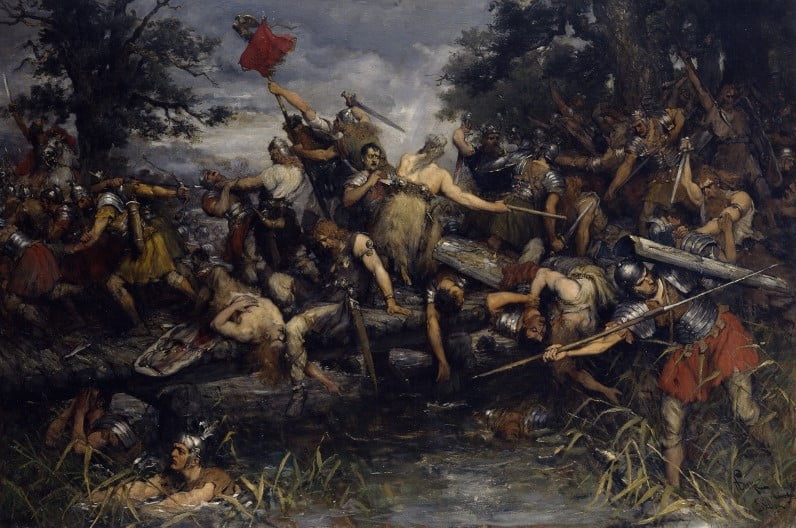



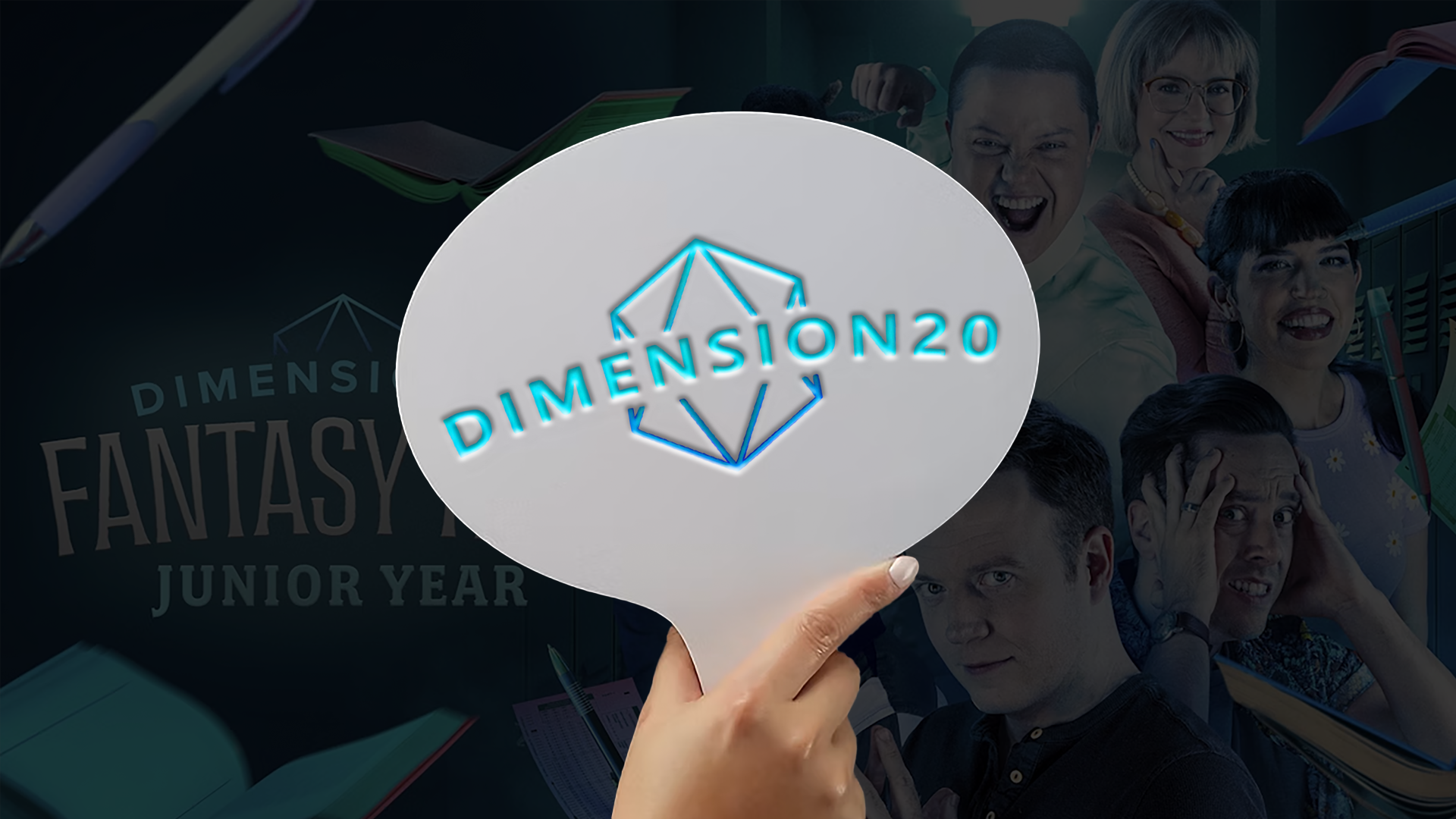
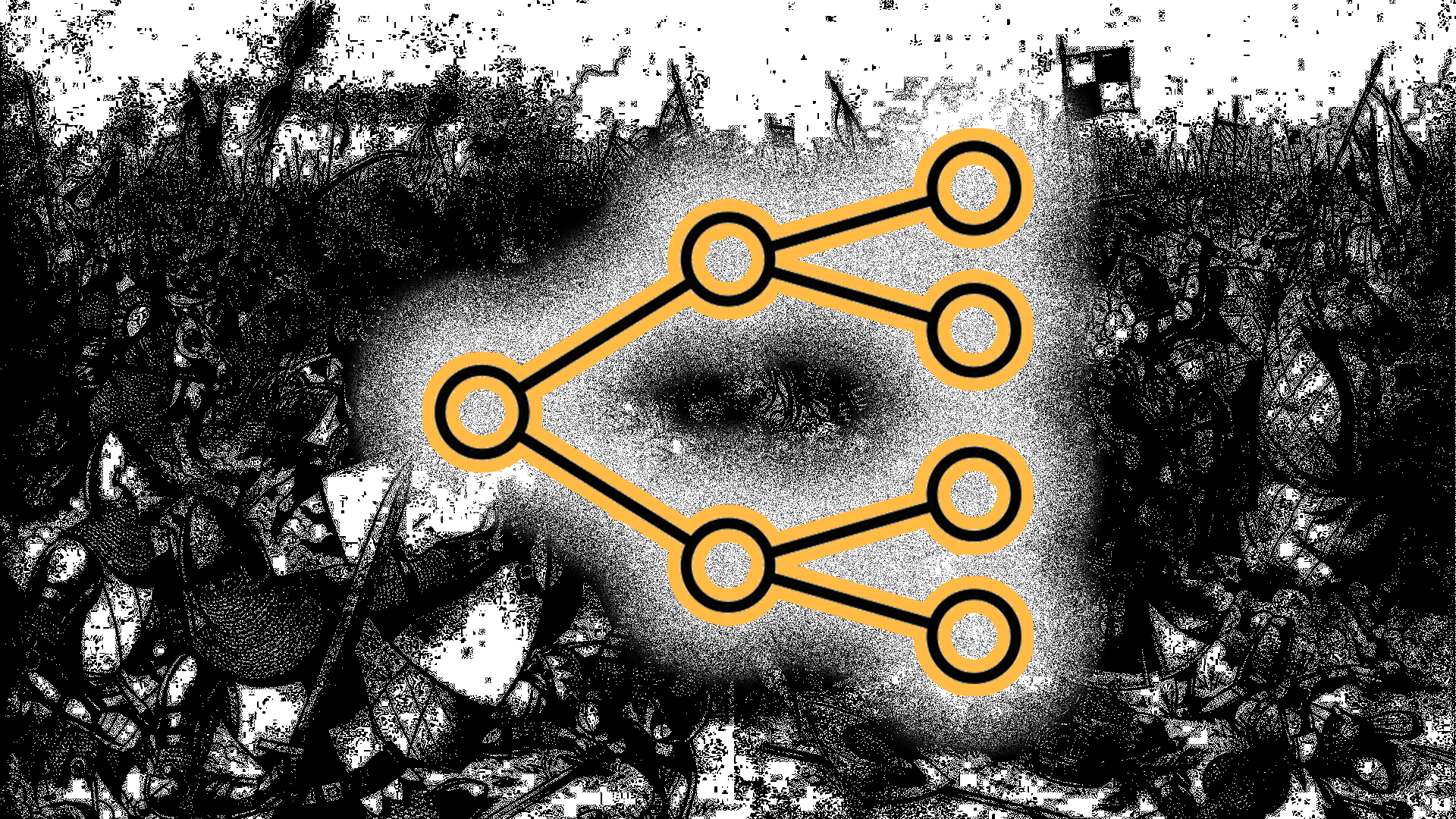
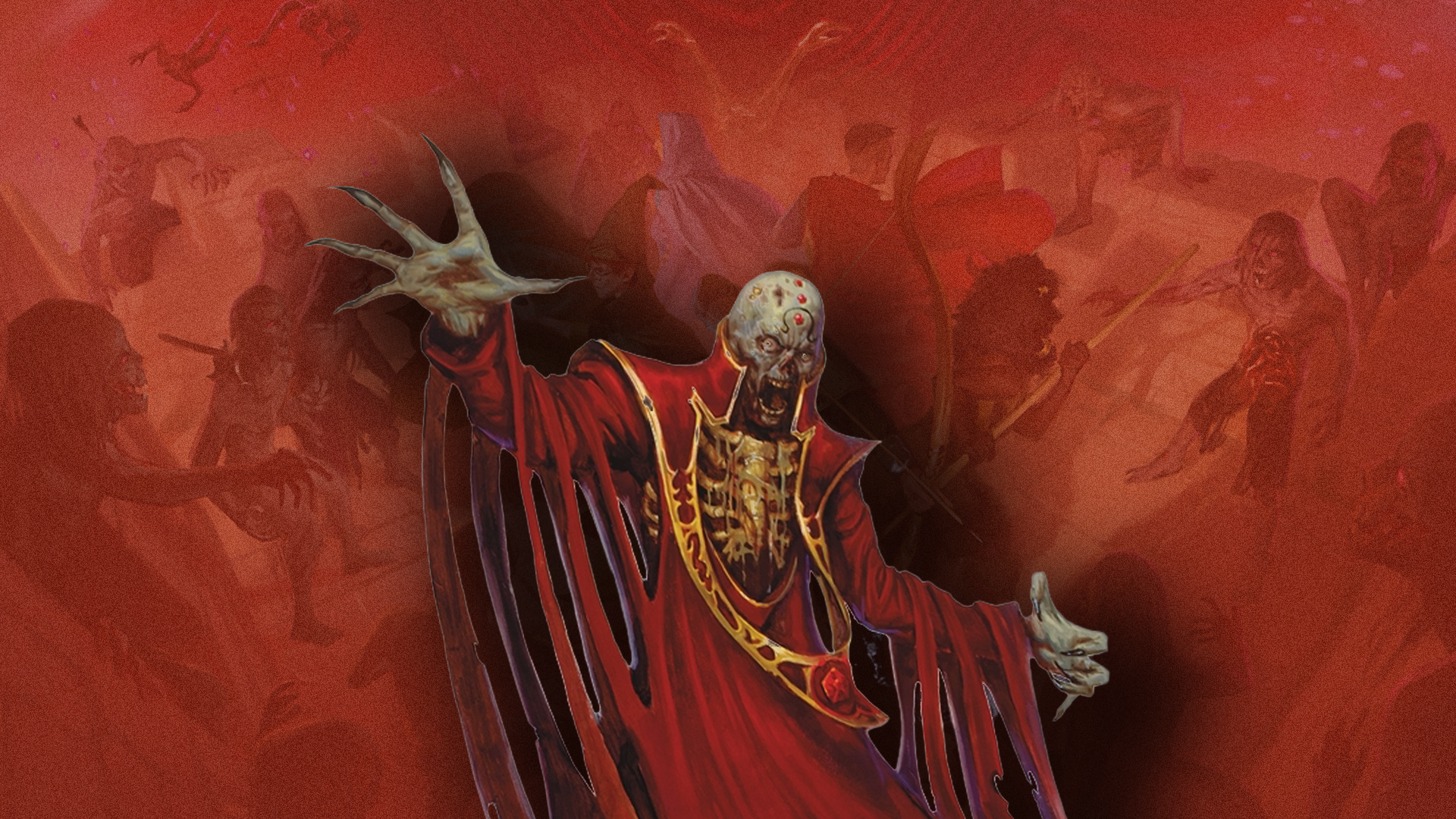
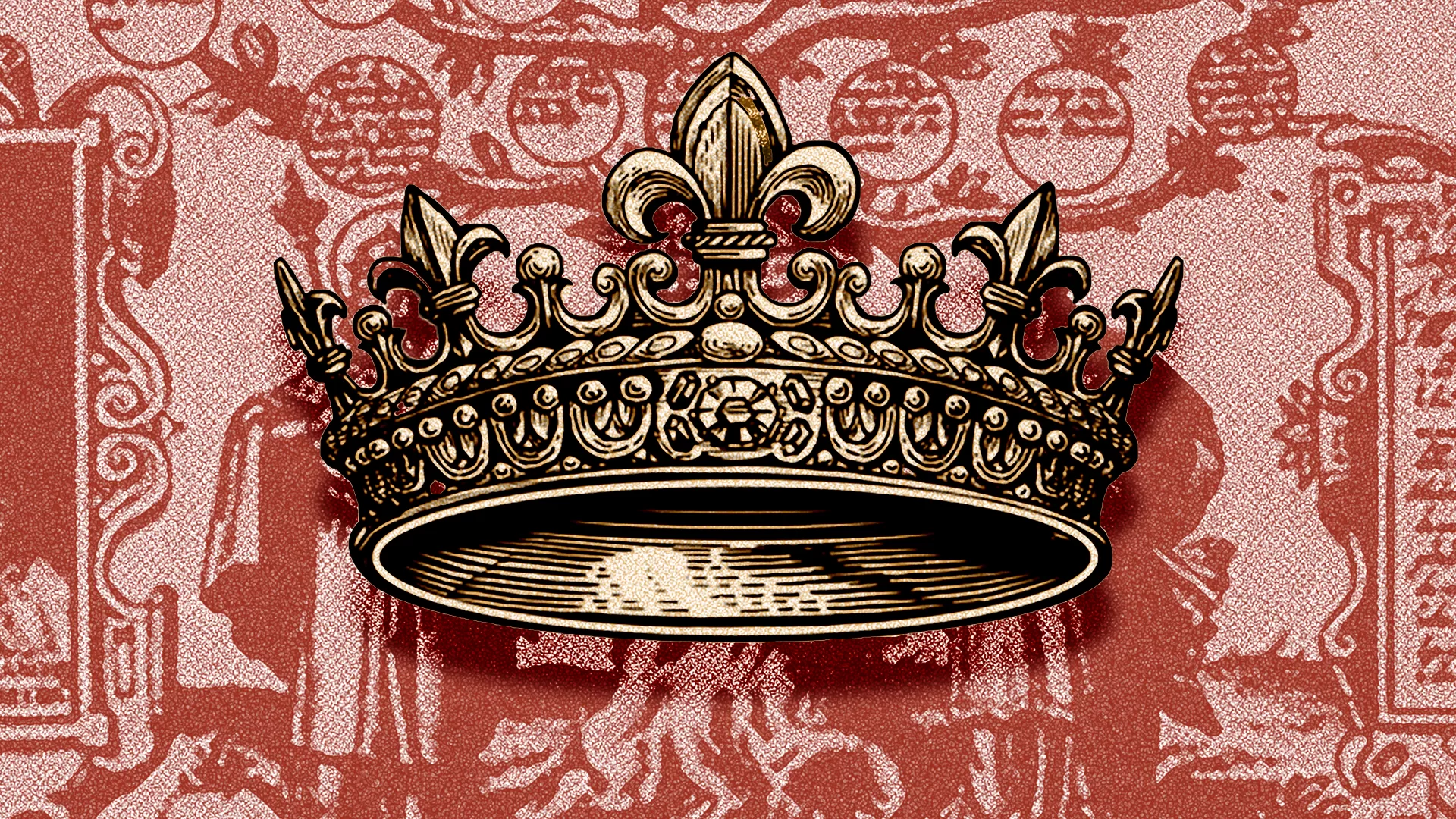

Leave a Reply